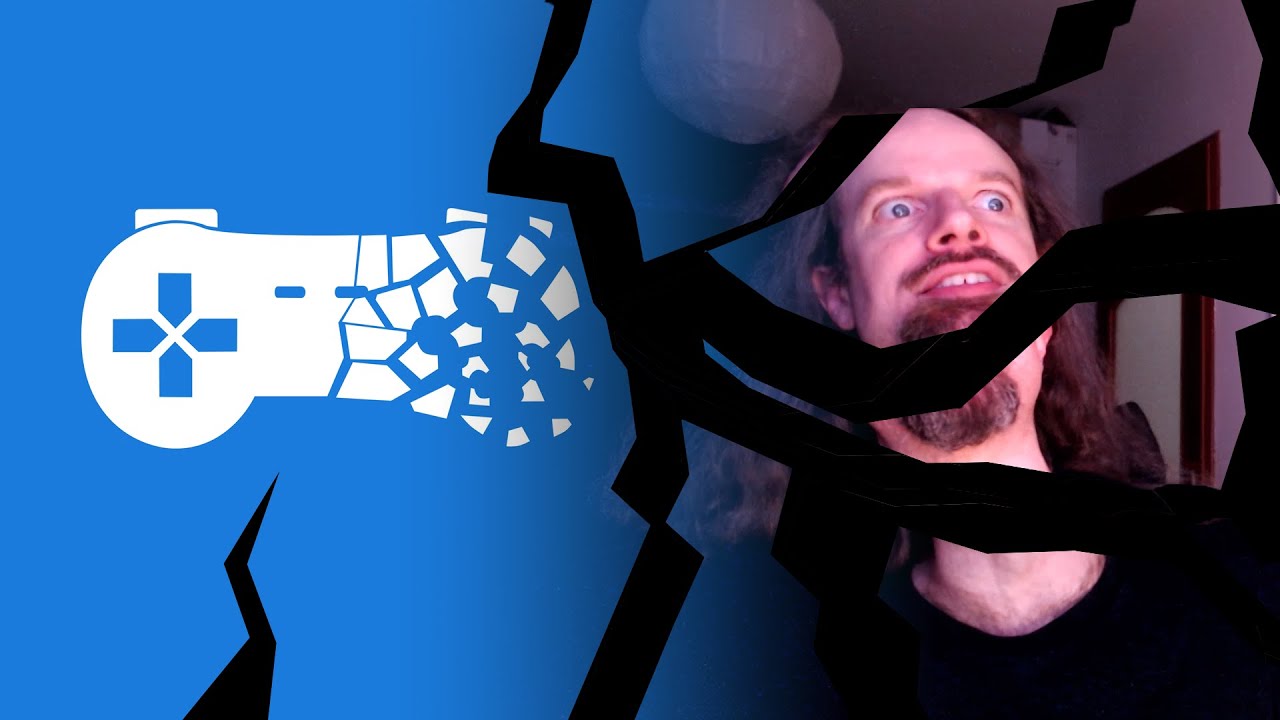
Stop Killing Games: Why the Internet Is Fighting Back Against Digital Game Shutdowns
The Stop Killing Games initiative has become one of the loudest grassroots movements in gaming today. This campaign shines a spotlight on an uncomfortable truth: major publishers and indie developers alike are shutting down online games, removing purchase options, and leaving players with empty libraries.
What Is the Stop Killing Games Initiative?
Stop Killing Games started as a response to high-profile shutdowns of live-service games, even relatively new ones. Gamers worldwide have grown frustrated as titles they paid for get removed from sale or rendered unplayable.
The movement gained serious traction in early 2025 when YouTubers and internet personalities began posting videos criticizing both big publishers and indie developers.
Key Moments That Sparked the Movement
- Ubisoft’s shutdowns: Removing older Assassin’s Creed multiplayer servers and delisting games.
- Square Enix’s Babylon’s Fall: Shutting down just months after launch.
- Indie Dev Drama: Developers like Pirate Software shutting down projects and leaving backers in the cold.
The YouTube and Internet Personality Takeover
Prominent content creators were quick to join the Stop Killing Games conversation:
- AngryJoe called the shutdown trend “anti-consumer nonsense.”
- Jim Sterling labeled it “digital vandalism.”
- Upper Echelon Games posted exposés digging into indie dev mismanagement alongside AAA publisher critiques.
Their videos garnered millions of views, bringing more attention to smaller developers behaving just as badly as big corporations.
Pirate Software, Hearthbound, and Broken Promises
A major flashpoint in the Stop Killing Games drama was Pirate Software’s Hearthbound. What was marketed as a promising indie RPG ended up becoming a case study in bad game development and worse business ethics.
Why Hearthbound Became Controversial
- Overpromising and underdelivering: Hearthbound’s Kickstarter promised features it never implemented.
- Sudden shutdown: The game was pulled from storefronts with zero warning.
- Lack of transparency: Pirate Software’s founder was caught lying about project status, refund availability, and team structure.
Public sentiment turned harsh. Many began calling the developer not just incompetent but also a liar and a hack.
Internet Reactions to Pirate Software’s Behavior
Gamers and influencers alike were quick to criticize Pirate Software. Comments ranged from disappointed to outright scathing:
- “This is worse than an EA move; at least EA gives refunds,” one Reddit thread read.
- “You can’t trust Pirate Software. They act like the big bad publishers but with none of the talent,” said YouTuber Downward Thrust.
The Stop Killing Games initiative seized on this controversy as an example of how even smaller developers need accountability.
Why Stop Killing Games Resonates
What sets Stop Killing Games apart from other online campaigns is its clear message:
If you sell a game, you should not be able to just kill it later.
This sentiment resonates with players tired of seeing paid content vanish:
- Games as a service is no excuse.
- Digital ownership must mean something.
- Indie developers deserve just as much scrutiny as major studios.
How You Can Support Stop Killing Games
If you care about game preservation and consumer rights:
- Share content using the hashtag #StopKillingGames on social media.
- Support creators who cover this issue honestly.
- Pressure developers and publishers to commit to long-term support or offline modes before shutting down servers.
- Hold indie developers accountable—don’t let bad actors like Pirate Software fly under the radar.
Final Thoughts
The Stop Killing Games initiative isn’t just internet drama. It’s about protecting digital culture and standing up to both corporate and indie bad actors. From Ubisoft to Pirate Software, gamers are making their voices heard:
Stop killing games. Respect your customers. Build trust—not resentment.





